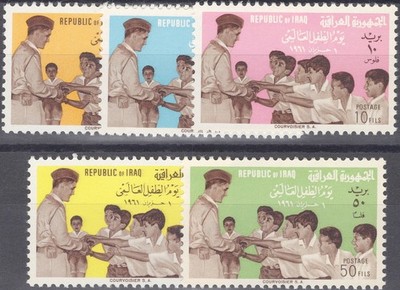An Overview of the Current Situation in Iraq

Introduction
The situation in Iraq remains a focal point for international attention due to its complex history and ongoing sociopolitical challenges. With deep-seated sectarian divisions and the aftermath of years of conflict, Iraq’s stability is crucial not just for its people but for the regional and global landscape. Recent events indicate crucial developments that could shape the nation’s future significantly.
Political Landscape
As of late 2023, Iraq is grappling with political instability amid widespread protests that demand accountability, better governance, and economic reform. The government led by Prime Minister Mohammad Shia’ Al Sudani has faced criticism for its handling of these protests, which have often turned violent. Iraq’s parliament, dominated by various factions including the Sadrist Movement and Iran-aligned parties, struggles to find common ground for enacting necessary reforms.
Security Challenges
While Iraq officially declared victory over ISIS in 2017, the threat from jihadist groups lingers. Security incidents have seen a resurgence, particularly in the northern regions where remnants of the group continue to operate. Recent military operations have aimed to curtail these threats, but they underscore the fragility of Iraq’s security landscape. Furthermore, the involvement of foreign troops, particularly from the United States and Coalition forces, raises questions about sovereignty and the future of Iraq’s military strategy.
Economic Struggles
Earning from oil, which constitutes a significant portion of the Iraqi economy, has been negatively impacted by fluctuating global prices and internal corruption. The ongoing economic hardship has exacerbated public dissatisfaction; unemployment rates are high, and basic services remain inadequate. The government has outlined plans to diversify the economy, but tangible results are yet to be seen.
International Relations
Iraq’s geopolitical position places it at the crossroads of major powers, and its relations with neighbouring Iran and Saudi Arabia remain complex. Attempts at diplomatic engagement have increased, notably following Arab Summit meetings, which aim to bolster economic cooperation among Gulf states. However, balancing these relationships remains a delicate task for Iraqi leaders.
Conclusion
The current situation in Iraq is characterized by a struggle for political stability, ongoing security threats, and economic challenges that demand urgent attention. As Iraq navigates these complexities, the outcomes of upcoming political decisions, economic reforms, and security strategies will significantly impact the lives of Iraqis and the broader region. The world watches closely, as Iraq’s path forward could resonate beyond its borders, influencing the geopolitical climate in the Middle East.







